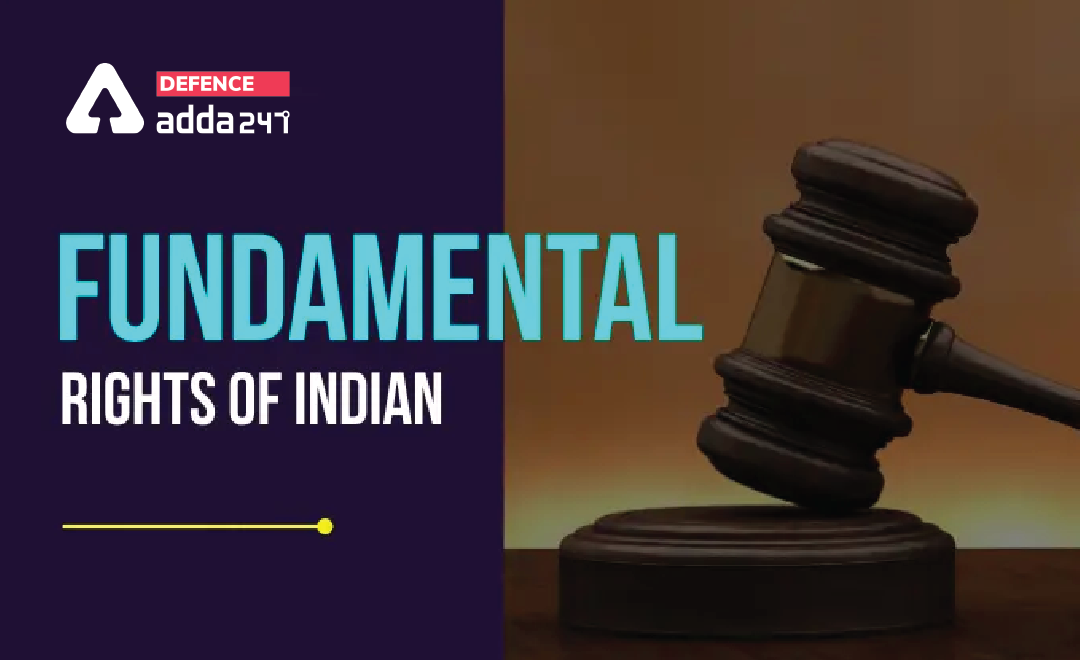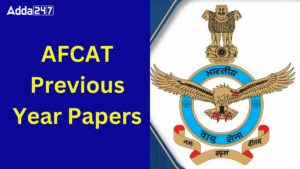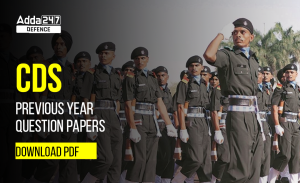Fundamental Rights of India (Complete List)
In literal terms, Rights mean those freedoms which are essential for personal good as well as the good for the whole community. The rights guaranteed under the Constitution of India are fundamental as they have been incorporated into the Fundamental Law of the Land and are enforceable in a court of law. Actually, These rights are called fundamental rights because they are justiciable in nature allowing persons to move the courts for their enforcement, if and when they are violated. However, this does not mean that they are absolute or that they are immune from Constitutional amendment.
Part III of the Constitution is described as the Magna Carta of India.‘Magna Carta’, the Charter of Rights issued by King John of England in 1215 was the first written document relating to the Fundamental Rights of citizens.
All people, irrespective of race, religion, caste or sex, have been given the right to move the Supreme Court and the High Courts for the enforcement of their fundamental rights. During the operation of a National Emergency they can be suspended except the rights guaranteed by Articles 20 and 21.
Fundamental Rights of India
Originally, seven Fundamental Rights were listed in the Constitution. Later on, by th Amendment, the Janata Party Government deleted the Fundamental Right to Property. So there are now only six Fundamental Rights.
General
Article 12 – Definition.
Article 13 – Laws inconsistent with or in derogation of the fundamental rights.
Article 14- 18: Right to Equality
Article 14 – Equality before law and Equal protection of laws.
Article 15 – Prohibition of discrimination on grounds of religion, race, caste, sex or place of birth.
Article 16 – Equality of opportunity in matters of public employment.
Article 17 – Abolition of Untouchability and prohibition of its practice.
Article 18 – Abolition of titles except military and academic titles.
Article 19-22: Right to Freedom
Article 19 – Protection of certain rights regarding
(i) speech and expression,
(ii) assembly,
(iii) association,
(iv) movement,
(v) residence, and
(vi) profession
Article 20 – Protection in respect of conviction for offences.
Article 21 – Protection of life and personal liberty.
Article 21A – Right to education
Article 22 – Protection against arrest and detention in certain cases.
Article 23-24: Right against Exploitation
Article 23 – Prohibition of traffic in human beings and forced labour.
Article 24 – Prohibition of employment of children in factories, etc.
Article 25-28: Right to Freedom of Religion
Article 25 – Freedom of conscience and free profession, practice and propagation of religion.
Article 26 – Freedom to manage religious affairs.
Article 27 – Freedom as to payment of taxes for promotion of any particular religion.
Article 28 – Freedom as to attendance at religious instruction or religious worship in certain educational institutions.
Article 29-31: Culture and Educational Rights
Article 29 – Protection of interests of minorities i.e. Protection of language, script and culture of minorities.
Article 30 – Right of minorities to establish and administer educational institutions.
Article 31 – [Repealed.]
Saving of Certain Laws
Article 31A – Saving of Laws providing for the acquisition of estates, etc.
Article 31B – Validation of certain Acts and Regulations.
Article 31C – Saving of laws giving effect to certain directive principles.
Article 31D – [Repealed.]
Article 32-35: Right to Constitutional Remedies
Article 32 – Remedies for enforcement of rights conferred by this Part.
Article 32A – [Repealed.]
Article 33 – Power of Parliament to modify the rights conferred by this Part in their application to Forces, etc.
Article 34 – Restriction on rights conferred by this Part while martial law is in force in any area.
Article 35 – Legislation to give effect to the provisions of this Part.
Fundamental Rights of India: FAQs
Q1. What do you understand by fundamental rights?
Ans. Fundamental rights are the basic civil, political, and human rights granted by the constitution of India to every Indian citizen.
2. What are the six fundamental rights in Indian Constitution?
Ans. The six fundamental rights of Indian Constitution are the right to equality, right to freedom, right against exploitation, right to freedom of religion, cultural and educational rights, and right to constitutional remedies.
3. What is right to Privacy?
Ans. It protects the inner sphere of the individual from interference from both State and non-State actors and allows individuals to make autonomous life choices. It is protected as an intrinsic part of the right to life and personal liberty under Article 21.




 AFCAT Eligibility Criteria and Age Limit...
AFCAT Eligibility Criteria and Age Limit...
 AFCAT Previous Year Papers, Download PDF
AFCAT Previous Year Papers, Download PDF
 CDS Previous Year Question Papers, Downl...
CDS Previous Year Question Papers, Downl...





